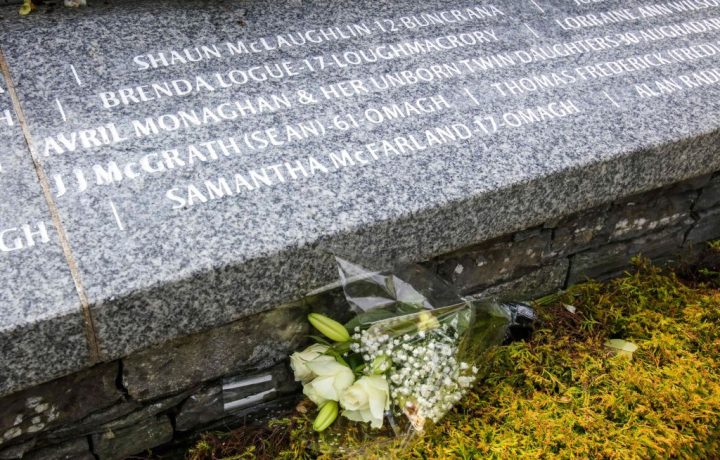In the period between Christmas and New Year archives in both Belfast and Dublin are opened and documents are declassified. This regularly reveals some of the creative thinking which has been expended on the Northern Ireland problem over the years.
Suggestions have included staging an Old Firm duel between Rangers and Celtic in Belfast prior to the 1998 Good Friday Agreement and have the Glasgow teams play in the opposing side’s kits.
Already a subscriber? Log in
Subscribe for just $2 a week
Try a month of The Spectator Australia absolutely free and without commitment. Not only that but – if you choose to continue – you’ll pay just $2 a week for your first year.
- Unlimited access to spectator.com.au and app
- The weekly edition on the Spectator Australia app
- Spectator podcasts and newsletters
- Full access to spectator.co.uk
Or




















Comments
Don't miss out
Join the conversation with other Spectator Australia readers. Subscribe to leave a comment.
SUBSCRIBEAlready a subscriber? Log in